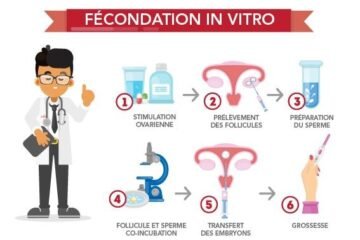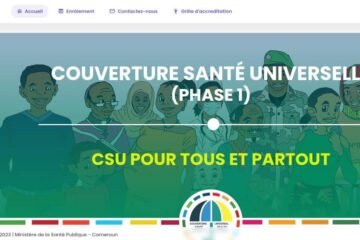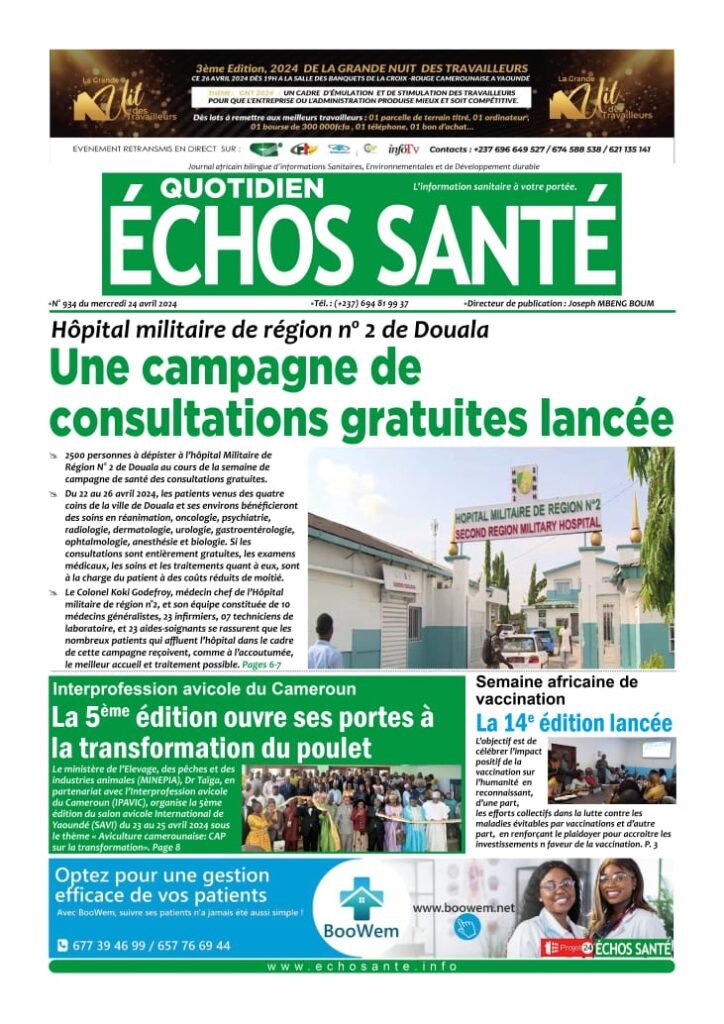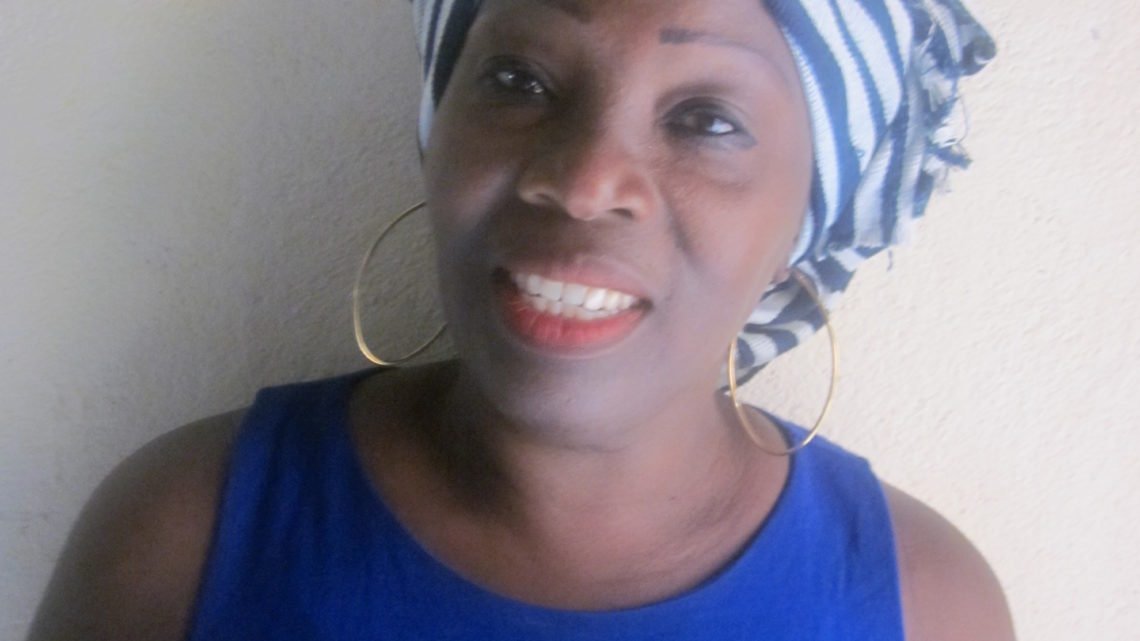Rights of the Elderly & People With Disabilities – GT/DPAPH Seeks for Contributions to Improve on Their Living Conditions

The Working Group on the Rights of the Elderly and Disabled in Africa (GT / DPAPH), a Special Mechanism of the African Commission on Human and Peoples’ Rights (ACHPR) has thrown a clarion call of Contributions to help improve on the situation of elderly and people living with disabilities in Central Africa.
The information is stated in its annual report made public recently by Prof Pascal Touoyem, Member-Expert, Regional focal point for Central Africa.
It is estimated that 15% of the population worldwide or some 1 billion individuals live with one or more disabling conditions. More than 46 per cent of older persons, those aged 60 years and over have disabilities and more than 250 million older people experience moderate to severe disability.
The global trends in ageing populations and the higher risk of disability in older people are likely to lead to further increases in the population affected by disability.
According to data from World Population Prospects, the 2015 Revision (United Nations, 2015), the number of older persons has increased substantially in recent years in most countries and regions, and that growth is projected to accelerate in the coming decades.
Between 2015 and 2030, the number of people in the world aged 60 years or over is projected to grow by 56 per cent, from 901 million to 1.4 billion, and by 2050, the global population of older persons is projected to reach nearly 2.1 billion. Furthermore, the higher disability rates among older persons, as a result of an accumulation of health risks across a lifespan of disease, injury, and chronic illness contributes to the higher disability rates among older people, urges countries to review and further explore the complementarities between the discourses on ageing and on disability.
It is in this light that GT/DPAPH is throwing a clarion call to CSOs, academics, researchers, NGOs, NHRIs, related ministries, community leaders, stakeholders, jurists, anthropologists, lawyers, sociologists, political scientists, specialists in the social and human sciences, organizations of the elderly and persons with disabilities and related relevant structures to contribute in one way or the other to meliorate the living conditions of the elder and people living with disabilities.
Launched since November 9, 2021, the contributions are expected to end on December 9, 2021. It has as objectives to carry out cartography of the fundamental rights of the elderly and the disabled by highlighting the effective rights and those provided for by the texts which suffer from a lack of readability or a lack of implementation.
It also aims to set out the essential elements for the materialization of the production project of the report on the situation of the rights of the elderly and disabled people in Central Africa, have a real-time mapping of issues relevant to the rights of these two categories of vulnerable people and make recommendations relevant to improving their situation.
Contributors are diligently expected to make their points around the situation of the rights of older persons, situation of the rights of persons with disabilities, both on the positive and negative plan and to finally give some recommendations.
In the meantime, all the essential elements for the materialization of the report on the situation of the rights of elderly and disabled people in Central Africa have been gathered and a factual, current and quantified database is available.
At the end of the day, a regional workshop for discussion, harmonization and consolidation of the General Report will take place in a Member State of the Central Africa region.
Ingrid KENGNE


















